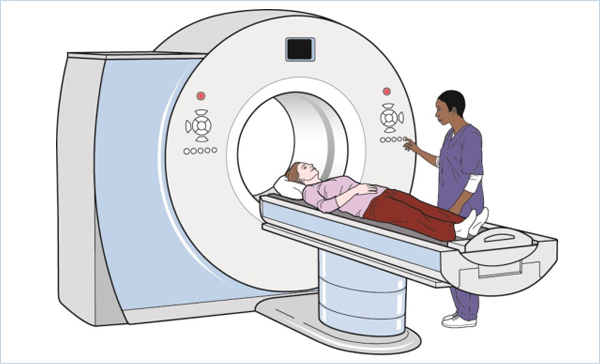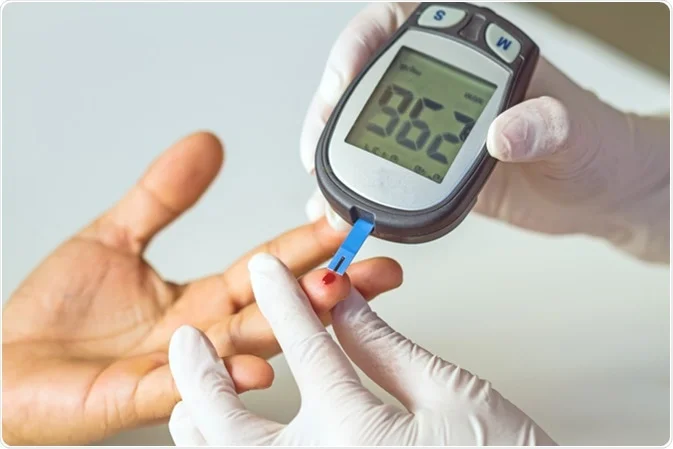 Saral Diagnostics
·
10 Oct, 2023
·
Health & Wellness
Saral Diagnostics
·
10 Oct, 2023
·
Health & Wellness
Vitamin D - A fat soluble steroid hormone precursor that is mainly produced in the skin by exposure to sunlight. Vitamin D is essential for maintaining healthy bones and teeth as it promotes intestinal calcium absorption and helps maintain adequate blood level of calcium and phosphorus.
SIGNS & SYMPTOMS:
- Bone pain & back pain
- Fatigue and tiredness
- Getting sick more often
- Muscle weakness
- Muscle cramps
- Mood swings
Diseases associated with Vitamin D deficiency:
Type & diabetes:
- High blood pressure
- Coronary heart disease
- Rickets
- Osteoporosis
- Cancer
- Tuberculosis
People who should undergo testing & followup
- People with sedentary lifestyle
- Infants and children under 5 years
- Adults over 65 when kidneys are less able to convert Vitamin D to its active forms.
- People with darker skin and having limited sun exposure.
- Inflammatory bowel disease patient
- People with high body fat percentage
- Vegans and vegetarian
- People with certain medical problems as crohn’s disease, cystic fibrosis as these may affect absorption capacity of Vitamin D.
WHY VITAMIN D TESTING IS IMPORTANT?
As with all supplements, you need to be mindful that you are not taking too much Vitamin D. Vitamin D toxicity can cause hypercalcemia, increased thirst, frequent urination, bone pain, kidney stones or even kidney damage.
It is not something that should be supplemented freely, yet we also need to ensure that optimum levels are maintained in the body which is where testing your Vitamin D levels regularly helps.








